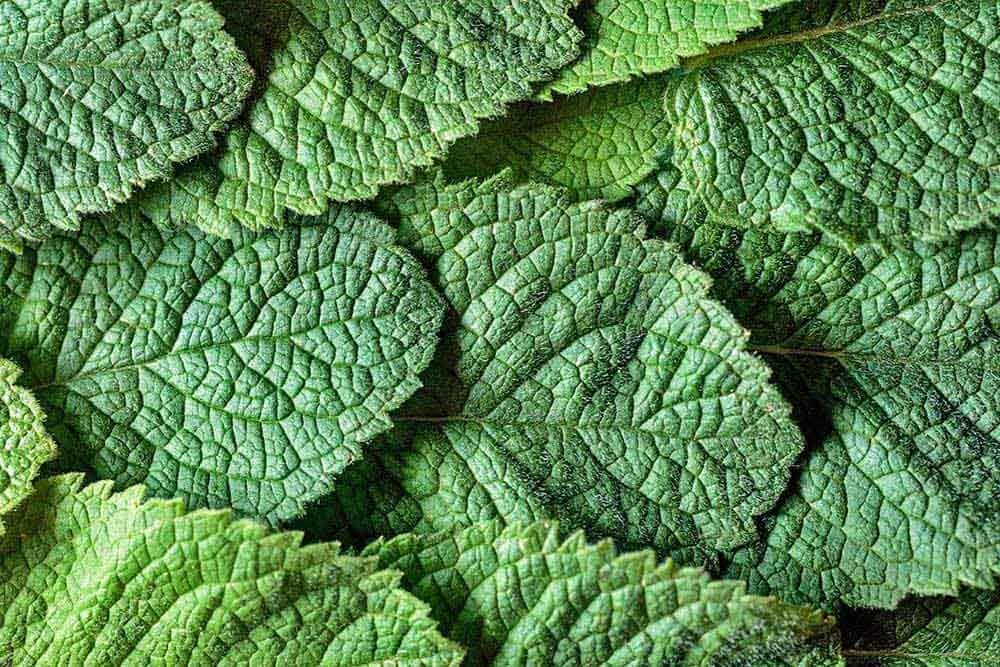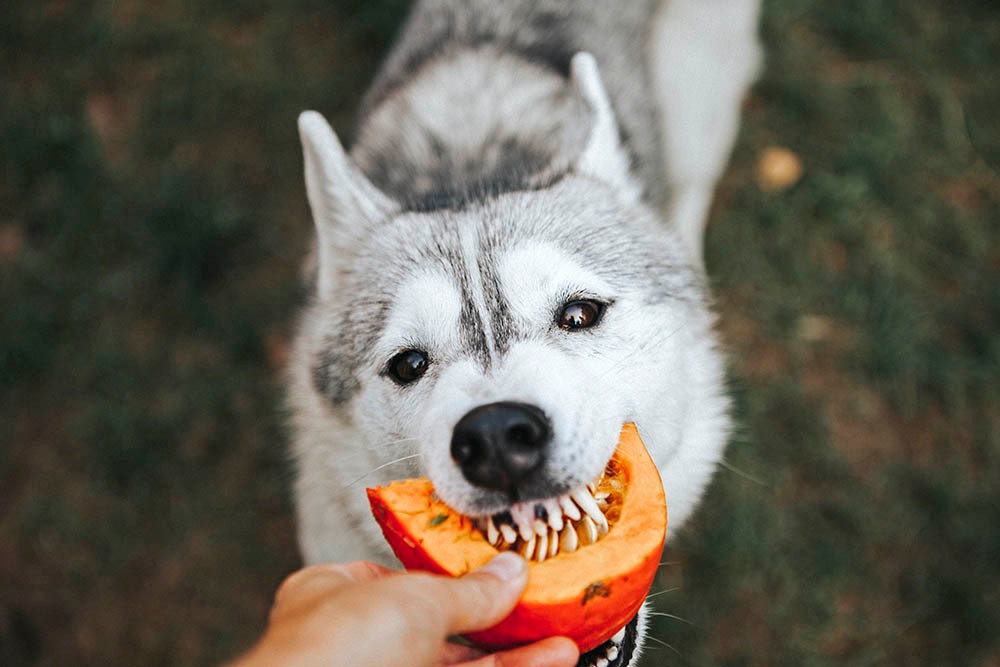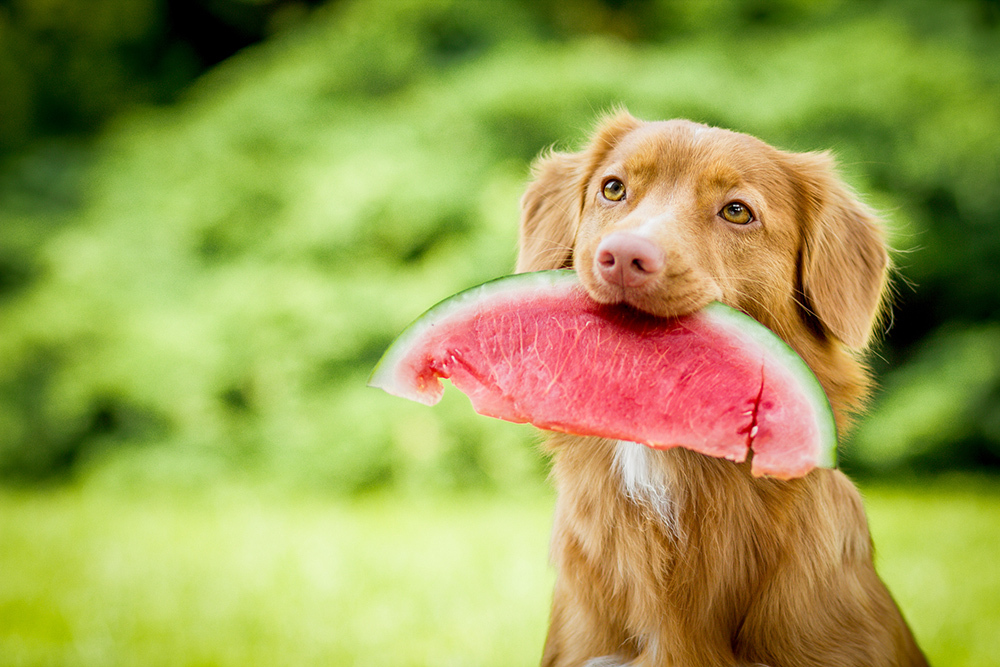Learn : Food & Nutrition
Can Dogs Eat Dragon Fruit? Health Benefits for Dogs | Nom Nom
Originally native to the Americas, the Dragon Fruit, also known as pitaya, is now cultivated across tropical regions all over the world, thanks in part to its delicious, exotic flavor that makes for as good a smoothie as it does a snack.
Somewhere between a kiwi and a pear (yeah, that tasty), the dragon fruit also bursts with all the nutrition you can expect from a fruit that colorful and perfectly named.
- Dragon fruit contains more magnesium than most other fruits, key to supporting both bone and cardiovascular health.
- Dragon fruit also contains more fiber than the average fruit, which is an important component in keeping the GI system regular.
- It’s low in calories, too — just about 60 calories per half cup. That means it makes for relatively guilt-free snacking when ingested in moderation.
But does all the same hold true for dogs?
Is Dragon Fruit Safe for Dogs?
Yes, dogs can have dragon fruit, and it offers several health benefits. This hydrating fruit supports proper hydration and provides a natural boost of vitamin C for immune health. It also contains essential omega-6 fatty acids, which support coat health and cell growth. Be sure to remove the tough outer skin and serve in moderation as a nutritious treat.
Is dragon fruit healthy for dogs?
Almost all of the same nutrients that benefit humans from a dragon fruit translate well to the canine world, providing significant health benefits — and more.
-
Dragon fruit is a particularly moist fruit, full of water to help keep your dog feeling their best. Most dogs rely on their food intake for at least part of their water intake, which is why fresh diets — and dragon fruits — can be helpful in the quest for proper hydration.
-
Dragon fruit’s Vitamin C content provides a unique nutritional opportunity for dogs, as dogs — unlike humans — can actually synthesize Vitamin C right in their own livers. Additionally, the high levels of antioxidants in dragon fruit help bolster the immune system. As such, they may not often go seeking the extra immunity boost associated with Vitamin C. Dragon fruit can be that boost.
-
The high concentration of fatty acids contained inside of a dragon fruit also presents a unique nutritional opportunity for dogs. Acids like omega-3 and omega-6 cannot be synthesized by a dog themselves, and need to be found elsewhere. Associated with coat health and cell growth, these acids are a valuable addition to their diet.
What about dragon fruit skin for dogs?
Good instinct. Dragon fruit skin may be the only trouble spot for dogs, as the tough, rigid texture (while non-toxic) may be difficult for some dogs to digest.
While it’s uncommon for a dog to have an immediately negative reaction to dragon fruit skins, most of the damage could be done on the inside. We advise removing the skins before feeding your dog any dragon fruit for safekeeping.
The final word on dragon fruit
To be clear, dragon fruit isn’t a cure-all for dogs. Nor is it an adequate replacement for a fully balanced diet.
It is, however, a wonderful treat for any dog in moderation. Next time you see one at the grocery store or fruit stand, pick one up, dice it into tiny pieces and keep it at the front of the fridge. It’s a perfect training treat, distraction treat or just-because treat. The rich, pungent aromas and flavors are enough to keep any dog salivating and, thankfully, full of the nutritious ingredients they need to stay.



 Can Dogs Eat Scrambled Eggs?
Can Dogs Eat Scrambled Eggs?
 Can Dogs Eat Mint?
Can Dogs Eat Mint?
 Can Dogs Eat Carrots?
Can Dogs Eat Carrots?
 Can Dogs Eat Pumpkin Seeds?
Can Dogs Eat Pumpkin Seeds?
 Can Dogs Eat Tomatoes?
Can Dogs Eat Tomatoes?
 Can Dogs Eat Watermelon?
Can Dogs Eat Watermelon?